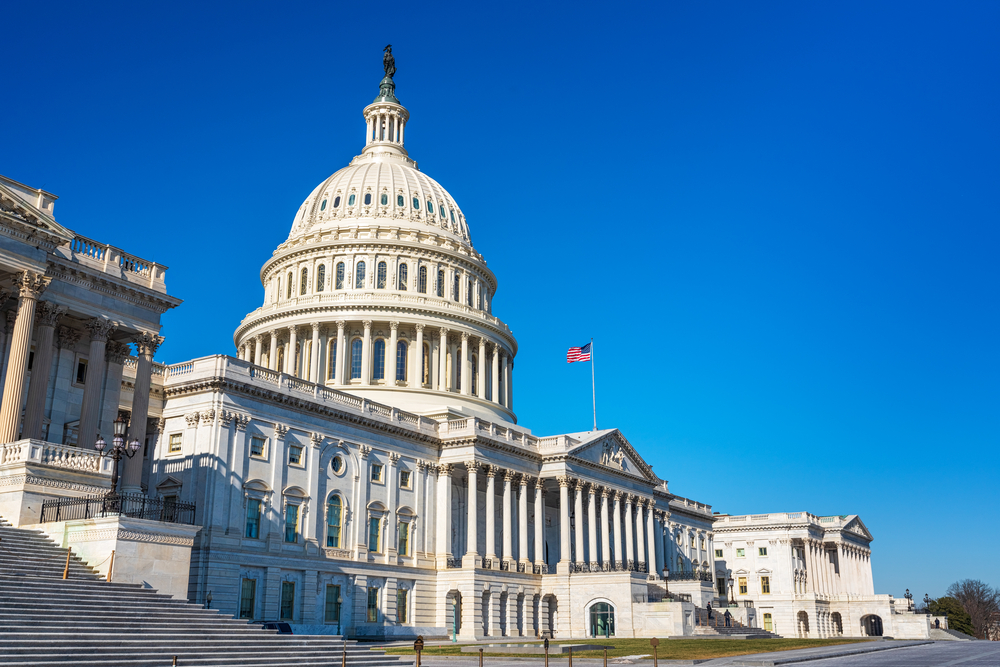Rep. Mike Johnson Elected Speaker of the House

Representative Mike Johnson was elected Speaker of the House after a three-week vacancy.
Following the ousting of former Speaker Kevin McCarthy and the failed vote of Rep. Jim Jordan, Republicans in the House of Representatives have officially chosen Johnson to lead the chamber.
Who is Mike Johnson?
Representative Mike Johnson is a Republican from Louisiana who serves as the Vice Chair of the House Republican Conference and previously served as the chair of the Republican Study Committee.
More famously, Johnson voted against certifying the 2020 election results and filed an amicus brief in hopes the Supreme Court would overturn the results in four close states that President Biden won.
Johnson currently sits on three House committees:
- Judiciary Committee
- Amed Services Committee
- Weaponization of the Federal Government Committee
However, he has never served as a chairman of any committee in his seven years as a legislator, which is rare for an elected Speaker of the House. Additionally, he has been in Congress for a much shorter time than previous Speakers had at the time of their nomination. Kevin McCarthy, Nancy Pelosi, Paul Ryan, and John Boehner had all served at least sixteen years prior to becoming Speaker of the House.
Prior to his surprise nomination as Speaker of the House, Johnson was relatively unknown in Washington. Many Senate Republicans only knew him from what they had “read the paper” or didn’t know him at all.
Regardless, his term as Speaker of the House will begin as one of the most hectic in history with multiple ongoing foreign wars and a government shutdown looming.
Next Steps
Speaker Johnson will begin his tenure as Speaker with a lot on his hands: a possible government shutdown, a war in the Middle East and Eastern Europe, and questions on border security.
Congress has until November 17th to greenlight a spending bill or else the government will be facing a shutdown. However, the lack of time left might make that difficult to accomplish. Thus, Speaker Johnson has proposed the idea of short-term spending bills if they are unable to get a larger one passed.
This would allow the government to be funded through either January 15th or April 15th, and give Congress extra time to figure out a larger spending plan.
One of the major issues with this is that the more conservative members of the House don’t support short-term spending bills, and don’t support a larger bill without spending cuts. The proposal of a short-term spending bill is one of the reasons former Speaker Kevin McCarthy was ousted from his position.
Although, there appears to be more confidence that a deal can get done by the November deadline under Johnson’s leadership.
Regardless, with Democrats controlling the Senate and the White House, bipartisanship in the House will be vital to the success of the upcoming spending bills.
Keep up with BOMA on the Frontline for the latest news in the Greater Los Angeles area.

